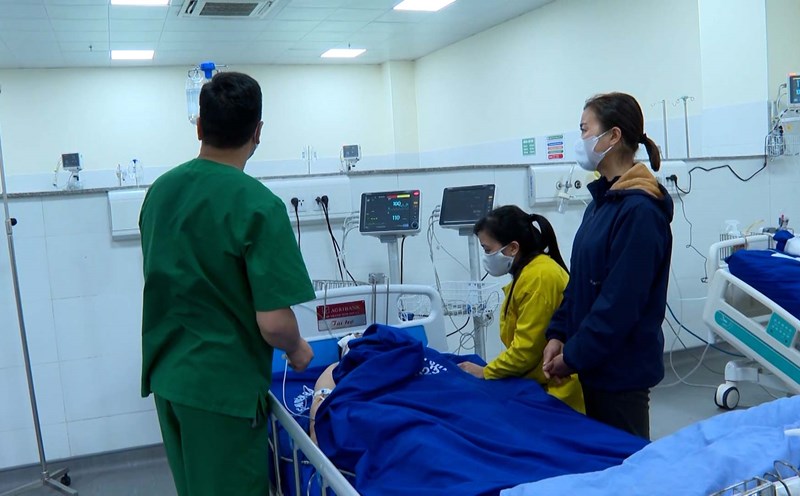Although these behaviors are often considered normal habits, they can be a sign of physical or mental health problems.
Divya G Nallur, clinician and senior consultant at Amaha Mental Health Centre (India), shares important information on the causes and effective management of restlessness.
Restlessness can stem from a variety of causes, including physical and mental health conditions.
Physical health status
Hyperthyroidism: An overactive thyroid can cause restlessness, difficulty sleeping, and hand tremors.
Delirium: Common in hospitalized patients, this condition can cause agitation and confusion.
Neurological movement disorders: Diseases such as Parkinson's or restless legs syndrome can cause involuntary movements.
Medication side effects: Some medications, especially stimulants or psychiatric medications, can cause restlessness.
Mental health status
Anxiety disorders: Restlessness can involve excessive worrying and an inability to relax.
Agitated depression: This type of depression causes inner turmoil, irritability, and restlessness.
Mental disorders: Schizophrenia can also be accompanied by symptoms of restlessness.
Attention deficit hyperactivity disorder (ADHD): Children and adults with ADHD often experience persistent hyperactivity and restlessness.
Managing restlessness
To deal with restlessness, it is important to understand the root cause. Behaviors such as finger tapping or foot bobbing may be signs of an unresolved stress cycle.
Divya G Nallur suggests some strategies to help reduce restlessness:
Medical treatment: If restlessness is related to a medical condition, the underlying cause, such as a thyroid disorder or medication side effect, needs to be treated.
Mental health treatment: Anxiety and depression can be controlled with psychotherapy, lifestyle changes, and prescription medications.
Strategies for Relieving Boredom
Stress reliever: Handheld toys like fidget spinners provide a controlled release of energy.
Movement breaks: Getting up, walking around, or stretching every now and then can help relieve stress and release energy.
Structured physical activity: Regular exercise will help release energy and reduce restlessness.
Change your lifestyle
Sleep: Improve sleep quality by establishing a regular sleep routine that helps regulate restlessness.
Dietary adjustments: Reducing caffeine and stimulants may reduce hyperactivity.
Relaxation: Yoga, meditation, and deep breathing are effective ways to regulate mental and physical anxiety. These methods take time to work, but can have lasting benefits.











